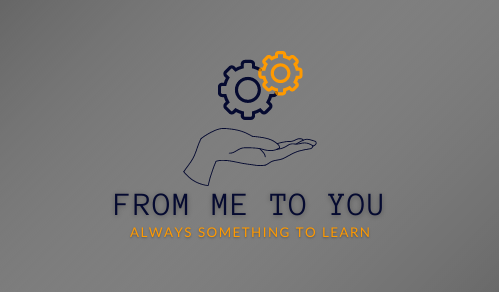Repetition can get quite tedious, but it is our ability to routinely put energy towards an activity that leads to our eventual growth in that area. Most of us are familiar with the phrase “practice makes perfect,” but how often do we stop to really think about its meaning, or at the very least, how to practice effectively? As a new academic year begins, it is imperative that we understand that we not only need to practice, but that we need to do so in the best way possible. Practicing effectively means studying effectively, which further translates into a successful academic performance, both in grades and in retention of information.
From the 10,000-hour-rule featured in Malcolm Gladwell’s “Outliers,” to the TEDx Talk “The first 20 hours” by Josh Kaufman, it is evident that it takes time to learn anything and everything. Dedicating time towards something requires focus if you are to successfully obtain the full benefit from that time you spend. So, however much time you decide to dedicate towards practicing whatever it is you want to practice, ensure you pay your full amount of attention towards that.
Focus also goes beyond the time you spend practicing a particular skill. It permeates everything we do. All of us would like to know several languages, or be able to perform many different skills, but we should learn to start in one place and expand from there. Too often we try to take on too many different ventures at once, which only leads to adequacy in all of them at best, and complete failure in all of them at worst. If we are to become multifaceted in terms of the skills that we embody, it is imperative that we take our time with each one and move from there.
In an article by Ann Marie Novak, published by the University of Wisconsin, Stevens Point, Novak states, “Usually, when we try something new, something else gets less attention and sometimes gets shaky. Don’t find yourself saying, ‘But now what happened to X?’ Rather, praise the success and give it time. It may be a challenge to do two things at once for a while, but it will come, given time.”
Should you have a long list of things you would like to learn, or skills you would like to gain, first focus on one of them, learn it, then continue to spend at least some amount of time reinforcing it as you go on to learn another thing. What we do not use disappears from our memory, while what we consistently practice, even if for a little while, can be maintained and grown.
It can be overwhelming when it comes to practicing something, which is why the most important thing you can do is start. Pick what it is you want to engage in, then start by breaking that skill or objective down. By breaking it down into foundational parts, you can begin to reveal the steps you need to take in order to learn that skill.
Say you want to learn a language. The best first step is to look at all the different resources you can use to learn that language, like Youtube channels, Duolingo and related websites. The same steps can be applied to a physical skill, like learning how to do a flip — it takes several different steps that you need to complete and learn before you can begin to attempt a flip. Once you have the steps down, you can begin to attempt safely and successfully.
So, take the time necessary and focus. Make sure you start whatever it is you want to do, and break it down. It just takes time, focus and a willingness to learn.
Helpful TED-ed Video: https://youtu.be/f2O6mQkFiiw
Evan Brooks is a fourth-year Business Management major with minors in Economics and Civil and Professional Leadership. EB916132@wcupa.edu

